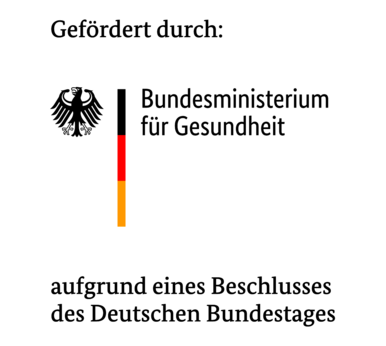Diversity-sensitive and risk-ethical assessment of digital self-tracking
Pedometers, fitness trackers, smart watches, health apps – the variety of devices and technologies for digital self-tracking are numerous and steadily growing. The focus of many users is the digital recording of health data and its comparison with socially suggested health or fitness standards. The spectrum ranges from simple fitness and lifestyle applications, to certified medical products. The project firstly examines how these technologies are embedded in societal developments. Users are expected to be motivated on the basis of self-responsibility and prevention, to look after their health in a self-driven and active way. A further research question is the search for new forms of discrimination against vulnerable groups of people. What about people who are restricted, for example, as a result of chronic illness or disability? What happens if they cannot fulfill such "standards", or do not have the opportunity or the ability to record their health data with modern technologies? Will these people be systematically disadvantaged in a "fit" society or even in the healthcare system? Who will define in the future which body is regarded as "healthy" and what the consequences are for individuals and society?
These and other questions are the focus of the VALID project. The project researches the correlations between the ability to numerically record the status of body and health through digital self-tracking and a changing discussion about health from a genuinely ethical perspective. The goal is to contribute to ethical and healthcare-politics-relevant evaluations of current and future digital self-tracking technologies.
The result will be an empirically informed and reflective classification, which can be used as the basis for public discourse and recommendations for political action. To achieve this goal, the research work in the VALID project will be carried out with various cooperation and project partners.

